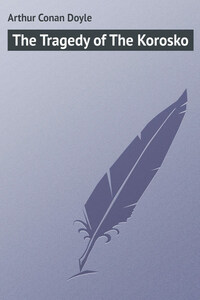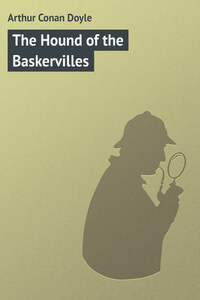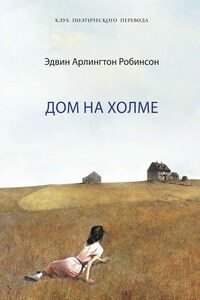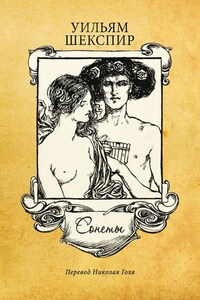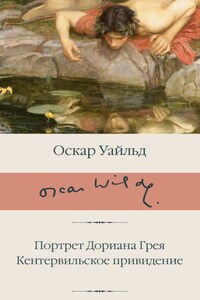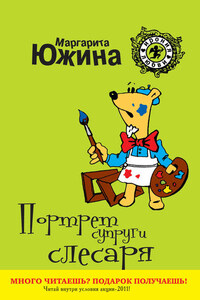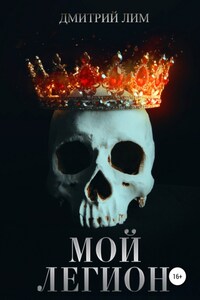The public may possibly wonder why it is that they have never heard in the papers of the fate of the passengers of the Korosko. In these days of universal press agencies, responsive to the slightest stimulus, it may well seem incredible that an international incident of such importance should remain so long unchronicled. Suffice it that there were very valid reasons, both of a personal and of a political nature, for holding it back. The facts were well known to a good number of people at the time, and some version of them did actually appear in a provincial paper, but was generally discredited. They have now been thrown into narrative form, the incidents having been collated from the sworn statements of Colonel Cochrane Cochrane, of the Army and Navy Club, and from the letters of Miss Adams, of Boston, Mass.
These have been supplemented by the evidence of Captain Archer, of the Egyptian Camel Corps, as given before the secret Government inquiry at Cairo. Mr. James Stephens has refused to put his version of the matter into writing, but as these proofs have been submitted to him, and no correction or deletion has been made in them, it may be supposed that he has not succeeded in detecting any grave misstatement of fact, and that any objection which he may have to their publication depends rather upon private and personal scruples.
The Korosko, a turtle-bottomed, round-bowed stern-wheeler, with a 30-inch draught and the lines of a flat-iron, started upon the 13th of February in the year 1895, from Shellal, at the head of the first cataract, bound for Wady Halfa. I have a passenger card for the trip, which I here reproduce:
S.W. "KOROSKO," FEBRUARY 13TH.
PASSENGERS.
Colonel Cochrane Cochrane – London.
Mr. Cecil Brown – London.
John H. Headingly – Boston, U.S.A.
Miss Adams – Boston, U.S.A.
Miss S. Adams – Worcester, Mass., U.S.A.
Mons. Fardet – Paris.
Mr. and Mrs. Belmont – Dublin.
James Stephens – Manchester.
Rev. John Stuart – Birmingham.
Mrs. Shlesinger, nurse and child – Florence.
This was the party as it started from Shellal, with the intention of travelling up the two hundred miles of Nubian Nile which lie between the first and the second cataract.
It is a singular country, this Nubia. Varying in breadth from a few miles to as many yards (for the name is only applied to the narrow portion which is capable of cultivation), it extends in a thin, green, palm-fringed strip upon either side of the broad coffee-coloured river. Beyond it there stretches on the Libyan bank a savage and illimitable desert, extending to the whole breadth of Africa. On the other side an equally desolate wilderness is bounded only by the distant Red Sea. Between these two huge and barren expanses Nubia writhes like a green sandworm along the course of the river. Here and there it disappears altogether, and the Nile runs between black and sun-cracked hills, with the orange drift-sand lying like glaciers in their valleys. Everywhere one sees traces of vanished races and submerged civilisations. Grotesque graves dot the hills or stand up against the sky-line: pyramidal graves, tumulus graves, rock graves – everywhere, graves. And, occasionally, as the boat rounds a rocky point, one sees a deserted city up above – houses, walls, battlements, with the sun shining through the empty window squares. Sometimes you learn that it has been Roman, sometimes Egyptian, sometimes all record of its name or origin has been absolutely lost. You ask yourself in amazement why any race should build in so uncouth a solitude, and you find it difficult to accept the theory that this has only been of value as a guard-house to the richer country down below, and that these frequent cities have been so many fortresses to hold off the wild and predatory men of the south. But whatever be their explanation, be it a fierce neighbour, or be it a climatic change, there they stand, these grim and silent cities, and up on the hills you can see the graves of their people, like the port-holes of a man-of-war. It is through this weird, dead country that the tourists smoke and gossip and flirt as they pass up to the Egyptian frontier.
The passengers of the Korosko formed a merry party, for most of them had travelled up together from Cairo to Assouan, and even Anglo-Saxon ice thaws rapidly upon the Nile. They were fortunate in being without the single disagreeable person who, in these small boats, is sufficient to mar the enjoyment of the whole party. On a vessel which is little more than a large steam launch, the bore, the cynic, or the grumbler holds the company at his mercy. But the Korosko was free from anything of the kind. Colonel Cochrane Cochrane was one of those officers whom the British Government, acting upon a large system of averages, declares at a certain age to be incapable of further service, and who demonstrate the worth of such a system by spending their declining years in exploring Morocco, or shooting lions in Somaliland. He was a dark, straight, aquiline man, with a courteously deferential manner, but a steady, questioning eye; very neat in his dress and precise in his habits, a gentleman to the tips of his trim finger-nails. In his Anglo-Saxon dislike to effusiveness he had cultivated a self-contained manner which was apt at first acquaintance to be repellent, and he seemed to those who really knew him to be at some pains to conceal the kind heart and human emotions which influenced his actions. It was respect rather than affection which he inspired among his fellow-travellers, for they felt, like all who had ever met him, that he was a man with whom acquaintance was unlikely to ripen into a friendship, though a friendship, when once attained, would be an unchanging and inseparable part of himself. He wore a grizzled military moustache, but his hair was singularly black for a man of his years. He made no allusion in his conversation to the numerous campaigns in which he had distinguished himself, and the reason usually given for his reticence was that they dated back to such early Victorian days that he had to sacrifice his military glory at the shrine of his perennial youth.
Mr. Cecil Brown – to take the names in the chance order in which they appear upon the passenger list – was a young diplomatist from a Continental Embassy, a man slightly tainted with the Oxford manner, and erring upon the side of unnatural and inhuman refinement, but full of interesting talk and cultured thought. He had a sad, handsome face, a small wax-tipped moustache, a low voice and a listless manner, which was relieved by a charming habit of suddenly lighting up into a rapid smile and gleam when anything caught his fancy. An acquired cynicism was eternally crushing and overlying his natural youthful enthusiasms, and he ignored what was obvious while expressing keen appreciation for what seemed to the average man to be either trivial or unhealthy. He chose Walter Pater for his travelling author, and sat all day, reserved but affable, under the awning, with his novel and his sketch-book upon a camp-stool beside him. His personal dignity prevented him from making advances to others, but if they chose to address him they found a courteous and amiable companion.
